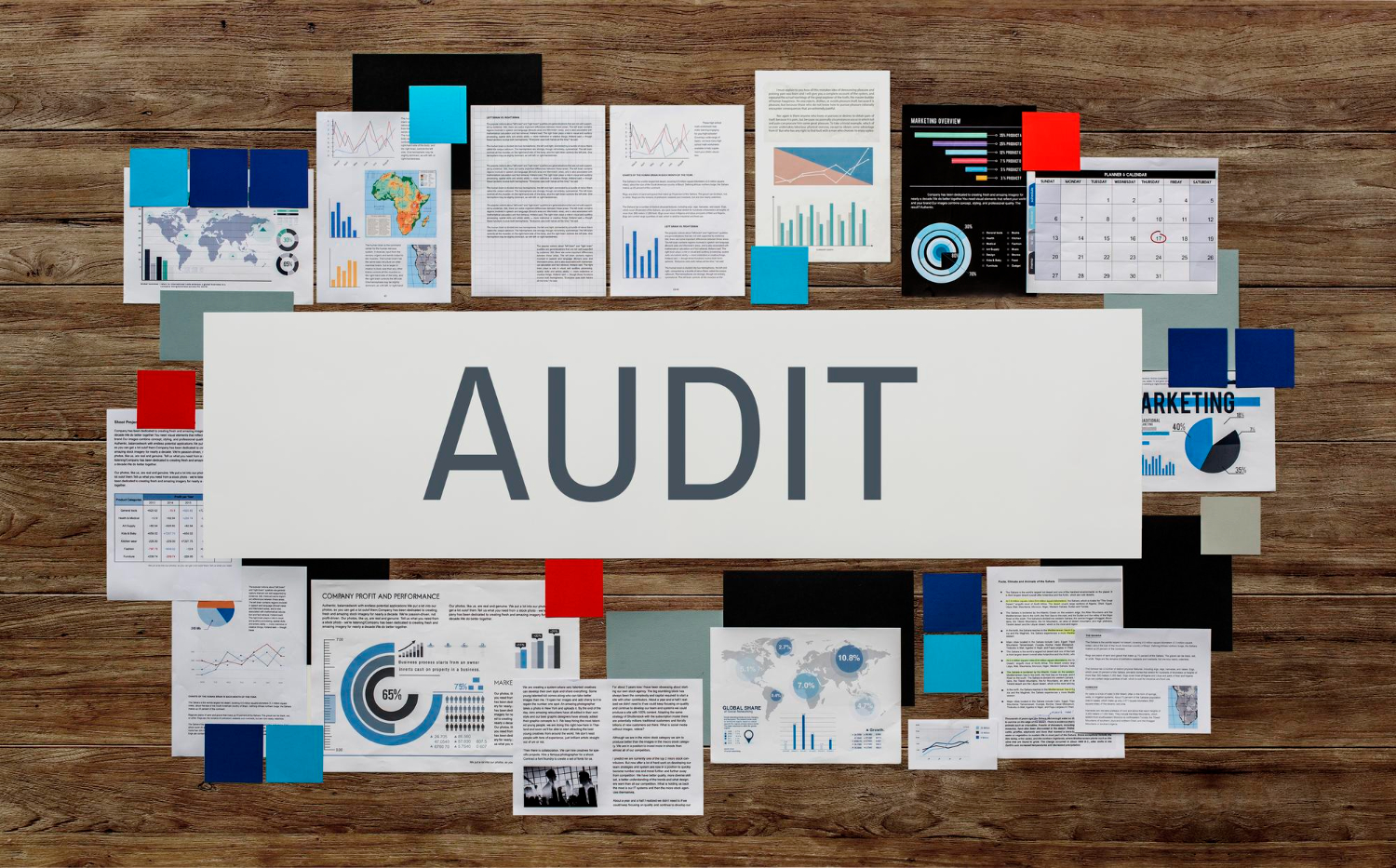Internal Audit Services
Strengthen Controls. Enhance Efficiency. Ensure Compliance.
In an ever-evolving business landscape, maintaining robust internal controls is crucial for operational excellence and regulatory adherence. Our Internal Audit Services are designed to provide independent assurance that your organization’s risk management, governance, and internal control processes are operating effectively.

Understanding Internal Audits
What is an Internal Audit?
An internal audit is an independent, objective assurance and consulting activity aimed at adding value and improving an organization’s operations. It involves a systematic evaluation of the effectiveness of risk management, control, and governance processes to ensure the achievement of organizational objectives.

Why Are Internal Audits Important?
Risk Identification
Detect potential risks that could impede the achievement of business objectives, enabling proactive risk management and mitigation strategies.
Operational Improvement
Identify inefficiencies and recommend improvements to enhance operational performance, leading to increased productivity and cost savings.
Regulatory Compliance
Ensure adherence to applicable laws, regulations, and internal policies, thereby avoiding legal penalties and maintaining stakeholder trust.
Our Internal Audit Services
✔ Risk Assessment and Management
We conduct comprehensive risk assessments to identify and evaluate risks that could affect your organization's ability to achieve its objectives.
✔ Evaluation of Internal Controls
Assess the design and operating effectiveness of internal controls to ensure they are functioning as intended and mitigating identified risks.
✔ Compliance Audits
Verify adherence to applicable laws, regulations, and internal policies to ensure compliance and avoid potential penalties.
✔ Operational Audits
Evaluate the efficiency and effectiveness of operational processes, identifying opportunities for improvement and cost savings.
✔ IT Audits
Assess the controls over information technology systems and processes to ensure data integrity, security, and alignment with business objectives.
Our Internal Audit Process
Planning
Define the audit scope and objectives in collaboration with management to ensure alignment with organizational goals.
Risk Assessment
Identify and assess risks related to the audit area to focus efforts on areas with the highest potential impact.
Fieldwork
Collect and analyze data, perform testing, and evaluate controls to obtain evidence supporting audit conclusions.
Reporting
Communicate findings, recommendations, and action plans to management in a clear, concise, and actionable format.
Follow-Up
Monitor the implementation of agreed-upon corrective actions to ensure issues are addressed effectively.
Common Questions About Internal Audits
Internal audits are conducted by an organization’s own staff to evaluate and improve internal processes, while external audits are performed by independent auditors to provide an opinion on financial statements.
The frequency of internal audits depends on factors such as the organization’s size, industry regulations, and risk profile. However, conducting internal audits annually is generally recommended.
The internal audit function is typically led by a Chief Audit Executive (CAE) who reports to the audit committee of the board of directors, ensuring independence and objectivity.
Internal audits can cover various areas, including financial reporting, operational processes, compliance with laws and regulations, and information technology systems.
By identifying inefficiencies, enhancing internal controls, and ensuring compliance, internal audits help improve operational performance and achieve organizational objectives.
Internal auditors should have a strong understanding of auditing standards, risk management, and internal controls. Professional certifications, such as Certified Internal Auditor (CIA), are also beneficial.
Client Testimonials
They’re handling all my GST needs — registration, monthly and annual filings, and reconciliation. Everything is done on time, and they’re always just a call away for any help.
— Neha Joshi
Retailer, Pune
I approached them for GST registration, and the process was very smooth. They explained everything clearly and now handle all my monthly and annual filings.
— Rahul Mehta
Founder, Delhi
The team helped me with GST return filing and reconciliation. Their attention to detail and timely follow-ups keep my business fully compliant. Great service and excellent support!
— Sonal Kapoor
Boutique Owner, Jaipur
Strengthen Your Organization with Expert Internal Audit Services
Ensure your organization’s processes are efficient, compliant, and aligned with your strategic goals through our professional internal audit services.
Get Professional Internal Audit Services
Ready to strengthen your organization’s internal controls? Fill out the form below and our audit experts will get back to you.
Send Us a Message

Call US
+91 96642 08393
Email Us
caketanj@gmail.com
Our Timing
Monday, Thursday, Saturday: 9 AM to 6 PM
Address
B 1210, Kailash Business Park, Hiranandani Powai Link Road, Vikroli West, Mumbai - 400079